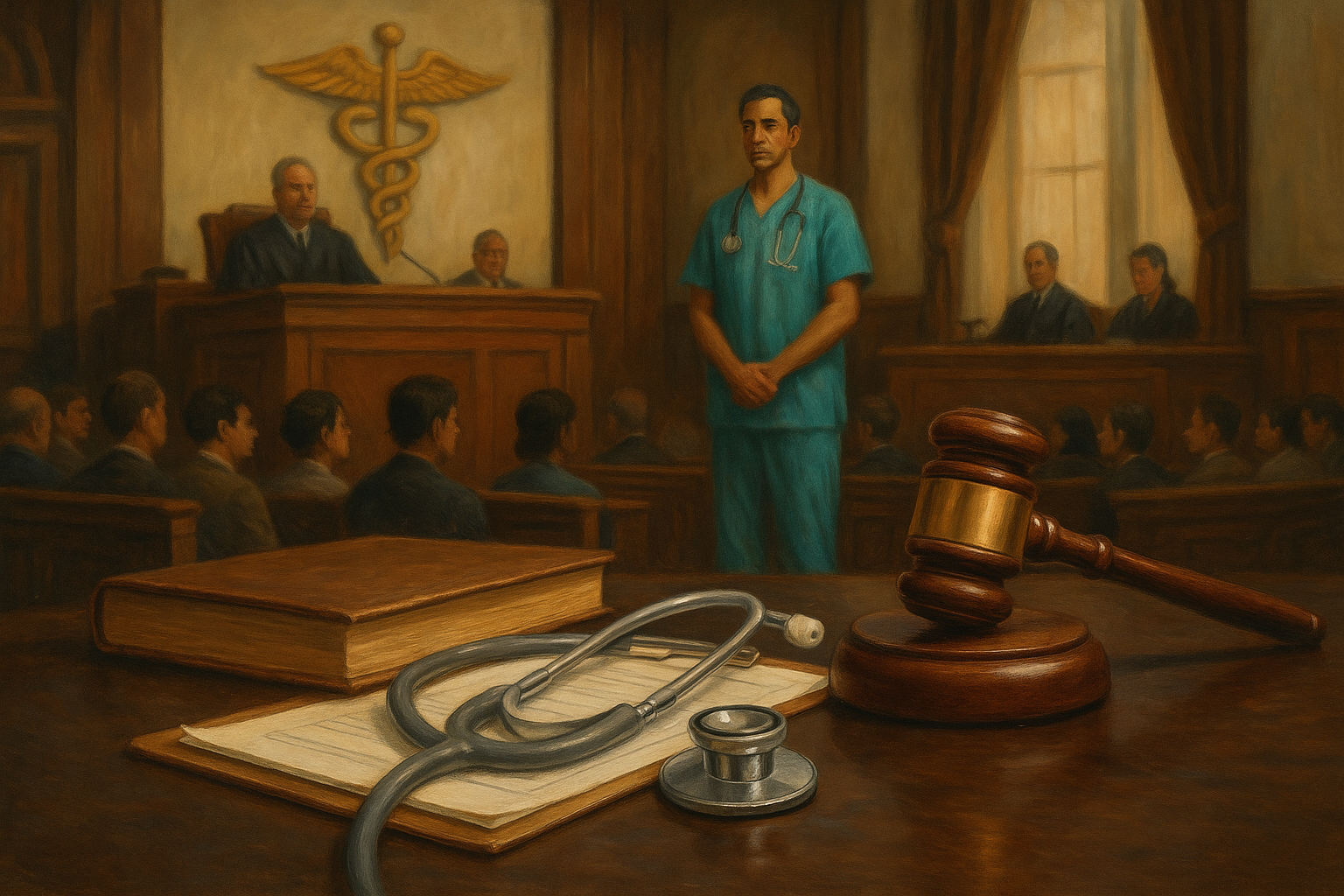Simplified Explanation of the Judgment
In a significant public interest litigation (PIL), the Patna High Court addressed the urgent need for healthcare infrastructure within the judiciary system. The petitioner, an advocate of the High Court, sought a direction to the State of Bihar to establish Primary Health Centres (PHCs) across all District Courts (Civil Courts) in the state.
The plea emphasized that these courts are regularly visited by judges, lawyers, staff, and litigants, yet they lack basic medical facilities. Citing Supreme Court judgments, the petitioner argued that access to health is integral to the right to life under Article 21 of the Constitution. The prayer was to mandate the creation of fully equipped PHCs within court premises.
The petitioner relied on key precedents like Francis Coralie Mullin v. Union Territory of Delhi and Consumer Education and Research Centre v. Union of India, where the Supreme Court upheld that the right to life includes access to healthcare and dignified living conditions.
In response, the Bihar government submitted a supplementary counter affidavit outlining its proactive steps. The Health Department had already constituted a committee headed by the Chief Secretary and decided to establish PHCs in all 38 District Court complexes across Bihar. An official communication had been sent to the Accountant General on 18.07.2019, along with the sanction of 180 posts for medical and support staff including doctors, ANMs, pharmacists, lab technicians, and clerks.
The Advocate General assured the Court that these health centres would become operational within three months, with efforts to gradually staff each PHC with at least two doctors as per national standards.
Acknowledging these developments and the proactive role of both the petitioner and the State, the Court appreciated the initiative and disposed of the writ petition, noting that the prayer had already been addressed.
Significance or Implication of the Judgment
This judgment is a landmark for improving access to healthcare in judicial complexes. It acknowledges the need to provide basic medical facilities not only for judicial officers and advocates but also for thousands of litigants who frequent the courts. By treating this as a matter of public interest, the Court reinforced the principle that the judiciary must function in a healthy and safe environment.
The policy decision taken by the Bihar government to establish PHCs sets a precedent for other states. It also illustrates how PILs can act as a catalyst for administrative reform and implementation of constitutional rights.
Legal Issue(s) Decided and the Court’s Decision
- Issue: Whether the State is obligated to provide healthcare facilities in District Court premises under Article 21.
- Decision: Yes. The Court held that the issue raised had merit and recognized the State’s compliance through policy measures already underway.
- Issue: Whether the petition should be continued despite government compliance.
- Decision: No. Since the relief sought was being addressed, the petition was disposed of.
Judgments Referred by Parties
- Francis Coralie Mullin v. Union Territory of Delhi, (1981) 1 SCC 608
- Consumer Education and Research Centre v. Union of India, (1995) 3 SCC 42
- Case Title
Ranjan Kumar Jha v. The State of Bihar & Ors.
Case Number
Civil Writ Jurisdiction Case No. 7526 of 2018
Citation(s)
2020 (1) PLJR 150
Coram and Names of Judges
Hon’ble Mr. Justice Sanjay Karol, Chief Justice
Hon’ble Mr. Justice Dinesh Kumar Singh
Names of Advocates and who they appeared for
- Mr. Avanindra Kumar Jha, Advocate for the petitioner
- Mr. Lalit Kishore, Advocate General for the State (respondents)
Link to Judgment
https://patnahighcourt.gov.in/viewjudgment/MTUjNzUyNiMyMDE4IzEjTg==-1XR6kdnWX2M=
If you found this explanation helpful and wish to stay informed about how legal developments may affect your rights in Bihar, you may consider following Samvida Law Associates for more updates.







